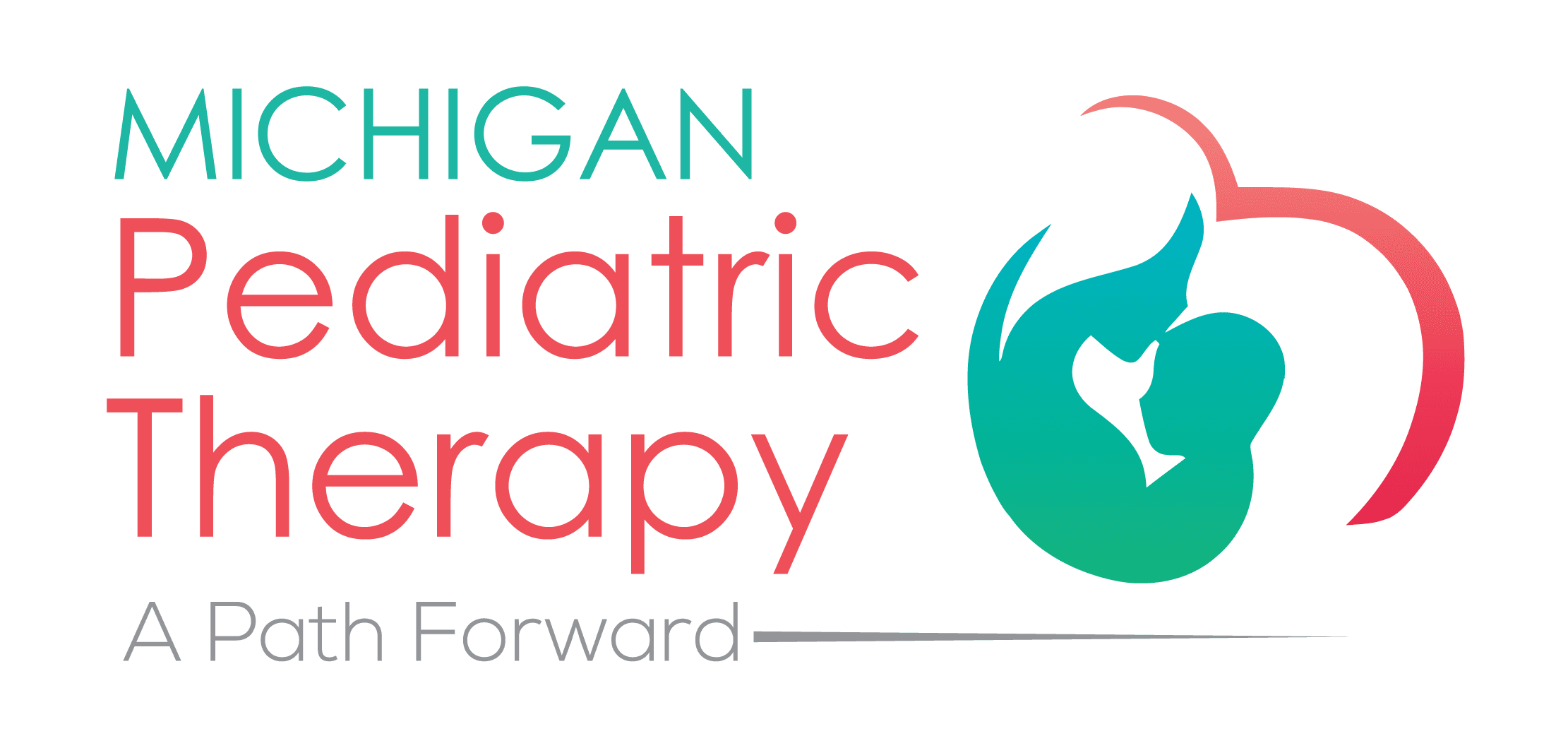As parents, caregivers, and educators, we all understand the critical importance of early literacy skills. Reading, writing, and comprehension form the foundation for a child’s academic success and lifelong learning. What may come as a surprise to some is the significant role that speech therapy plays in supporting literacy development, especially for young children.
The connection between speech therapy and literacy development is stronger than many realize. Speech therapy doesn’t only help children with verbal communication; it also lays the groundwork for important early literacy skills, such as phonemic awareness, reading comprehension, and writing. We’re going to explore how speech therapy supports reading skills, how it can help develop early literacy abilities, and why it’s so essential for children who are struggling with language development.

The Importance of Early Literacy
Literacy is a skill that is developed over time, beginning at a very young age. By the time children reach kindergarten, they are already forming the building blocks of literacy, which includes recognizing letters, understanding the sounds that letters make, and beginning to write and read simple words. Early literacy skills are crucial for laying a solid foundation for future academic success.
However, not all children develop literacy skills at the same rate. Some children may face challenges with learning to read and write, often due to difficulties in the underlying skills of language development. This is where speech therapy becomes essential.


The Connection Between Speech Therapy and Literacy Development
Speech therapy and literacy are closely intertwined because both involve language. While speech therapy primarily focuses on the production and understanding of speech, it also plays a vital role in building the skills that children need for reading and writing. Let’s break down the specific ways in which speech therapy supports literacy development:
Phonemic Awareness
One of the key components of early literacy development is phonemic awareness. Phonemic awareness refers to the ability to recognize and manipulate the individual sounds (phonemes) that make up words. For example, understanding that the word “cat” is made up of the sounds /k/ /æ/ /t/ is a fundamental skill for reading.
Phonemic awareness is critical because it helps children understand how words are formed, which is essential for both decoding words when reading and spelling words correctly when writing. Children with strong phonemic awareness skills are much more likely to excel at reading and writing because they can break down words into individual sounds and blend them back together.
Speech therapy for early literacy often focuses on activities that strengthen phonemic awareness. For example, speech-language pathologists (SLPs), like ours at Michigan Pediatric Therapy, may engage children in games that involve rhyming words, identifying beginning or ending sounds in words, and blending sounds to form simple words. Through these activities, children become more proficient in hearing and understanding the sounds that make up language.

Speech Sounds and Phonics
In addition to phonemic awareness, speech sounds (phonemes) and their corresponding letters or letter combinations are crucial for literacy. The process of linking letters to sounds—known as phonics—is essential for reading and writing. For example, understanding that the letter “b” makes the /b/ sound is a fundamental skill for decoding words.
Children who struggle with pronouncing specific sounds or who have difficulty recognizing how sounds correspond to letters may have trouble with phonics and reading. Speech therapy can help children improve their articulation and phonological awareness (the understanding of sound patterns in language), which will, in turn, support their ability to decode words and read fluently.
SLPs use techniques such as sound discrimination exercises, articulation practice, and phoneme awareness games to help children strengthen their ability to recognize and produce the correct sounds, improving their phonics skills.

Vocabulary Development
A rich vocabulary is one of the most important predictors of reading comprehension. The larger a child’s vocabulary, the better they can understand what they read. Children who struggle with word retrieval (the ability to recall words when needed) or have a limited vocabulary often struggle with reading comprehension.
Speech therapy supports vocabulary development in several ways:
- Expanding word knowledge: Through structured activities, SLPs expose children to a variety of words and help them understand their meanings. This might include practicing synonyms, antonyms, and using new words in context.
- Word retrieval exercises: For children who struggle with recalling words, SLPs can engage them in activities that improve their ability to find the right words when speaking or writing.
- Context clues: SLPs often help children use context to understand the meaning of unfamiliar words they encounter while reading. This is an essential skill for reading comprehension.
By developing a larger and more flexible vocabulary, children are better equipped to understand the texts they read, which is a critical part of reading comprehension.
Grammar and Syntax
Grammar and syntax—the rules for how words are put together in sentences—are crucial for both written and spoken language. Children need to understand how to form grammatically correct sentences in order to write effectively and understand complex sentences when reading.
SLPs play an important role in helping children improve their grammar and sentence structure through targeted therapy exercises. These exercises often focus on:
- Correct word order
- Sentence expansion
- Understanding and using parts of speech (nouns, verbs, adjectives, etc.)
- Improving sentence complexity and structure
A child who has difficulty understanding sentence structure may struggle to comprehend the sentences they read and have trouble organizing their thoughts when writing. By improving grammar and syntax, speech therapy for early literacy helps children become more effective readers and writers.
Reading Comprehension
Reading comprehension involves understanding the meaning of words, sentences, and paragraphs when reading. Children with language delays or speech difficulties often have trouble with comprehension because they struggle with vocabulary, grammar, or interpreting complex ideas.
Speech therapy can help improve reading comprehension by working on foundational language skills like vocabulary, phonemic awareness, and syntax. SLPs can use various strategies, such as:
- Teaching children to summarize passages
- Asking questions about a story to check understanding
- Helping children make predictions and inferences based on the text
By improving these underlying language skills, speech therapy enhances a child’s ability to understand what they are reading and retain the information.

The Role of Speech Therapy in Supporting Early Literacy
Speech therapy can have a lasting and positive impact on a child’s early literacy skills. Here’s how speech therapy for early literacy helps children succeed in reading and writing:
Early Intervention
The earlier a child receives speech therapy, the better. Early intervention is critical for children who struggle with language development, as it can prevent further academic delays.
Targeted Support
Building Confidence
Creating a Strong Foundation

Conclusion
The connection between speech therapy and literacy development is undeniable. Children who receive speech therapy can improve key foundational skills—such as phonemic awareness, articulation, vocabulary, grammar, and reading comprehension—that are essential for becoming successful readers and writers. Whether your child is struggling with phonics, has difficulty with grammar and syntax, or simply needs extra support with reading comprehension, speech therapy for early literacy is a powerful tool to help them succeed.
If you are concerned about your child’s literacy development or believe they could benefit from speech therapy for early literacy, speak with your child’s pediatrician and consider reaching out to us at Michigan Pediatric Therapy. Our experienced team of speech-language pathologists is dedicated to helping children build the skills they need to thrive academically and beyond.
Contact us today to schedule a consultation at our location in Farmington Hills, MI, and learn more about how speech therapy can support your child’s reading and writing abilities.
Michigan Pediatric Therapy
📍 27655 Middlebelt Rd., Suite 130, Farmington Hills, MI 48334
📞 (248) 939-4030
🌐 mipediatrictherapy.com



